Building relations
Challenge
Working with children and youth in EDS has taught us that real change begins with empathic and trusting relationships. Many of the youth we work with come from incredibly challenging backgrounds. They’ve faced poverty, societal neglect, and often a complete lack of support and understanding. They carry with them negative beliefs about themselves and the society: that they are burdens, unwanted, or doomed to fail. These young people are often recruited into gangs, used by others for personal gain, or neglected to the point of losing hope. And many girls are expected to fulfil their traditional roles by marrying early, having children and becoming housewives who obey they in laws. Their experiences have hardened them, and they have built walls to protect themselves.

Sharing a meal is an act of love which creates relations
EDS Bangladesh: Developing relation with children (playing cricket 2006)
Our response
To feel connected and belonging, understood and valued is essential for feeling safe and develop a sense of self-worth. We have observed that many youth lack this. They seek external validation from youth gangs, girl- or boyfriends or possessing certain clothes and accessories.
Our approach in EDS is rooted in compassion, patience, and consistency. Building a trusting relationship with these youth means being there for them, even when they resist, and make them feel genuinely valued. We don’t just guide them; we walk alongside them. We listen, offer support, and create a space where they feel safe enough to share their challenges, hopes, and fears.
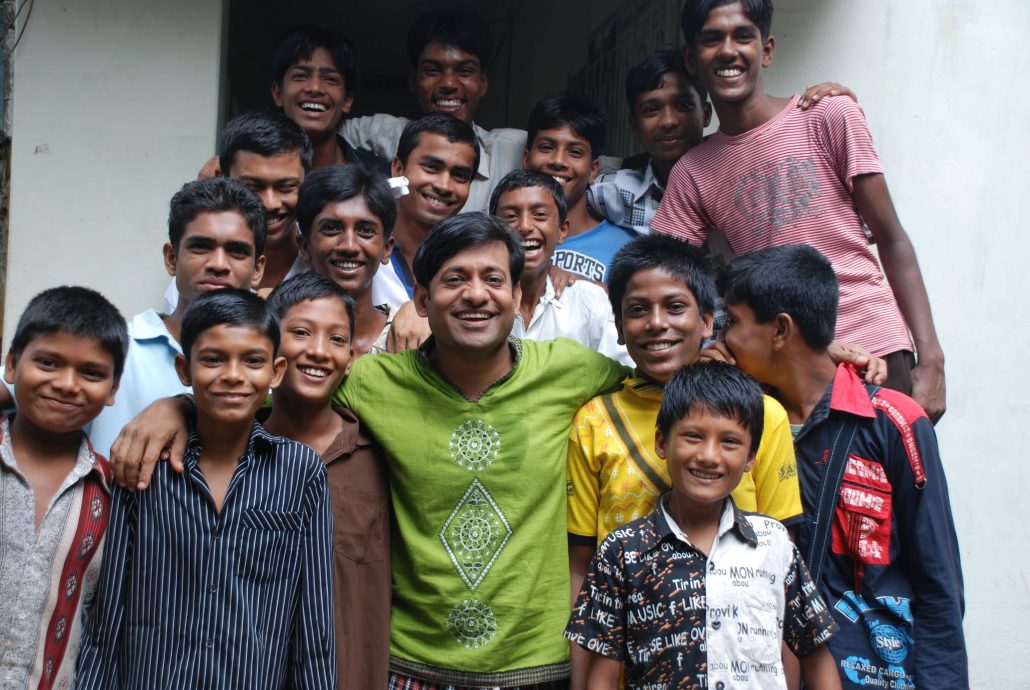
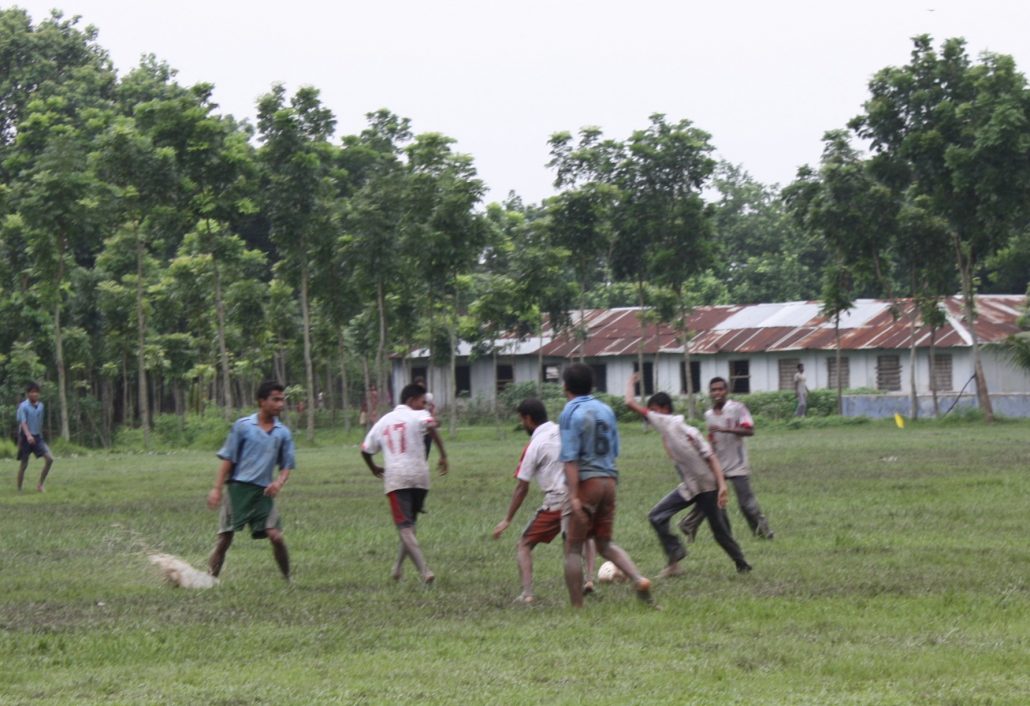
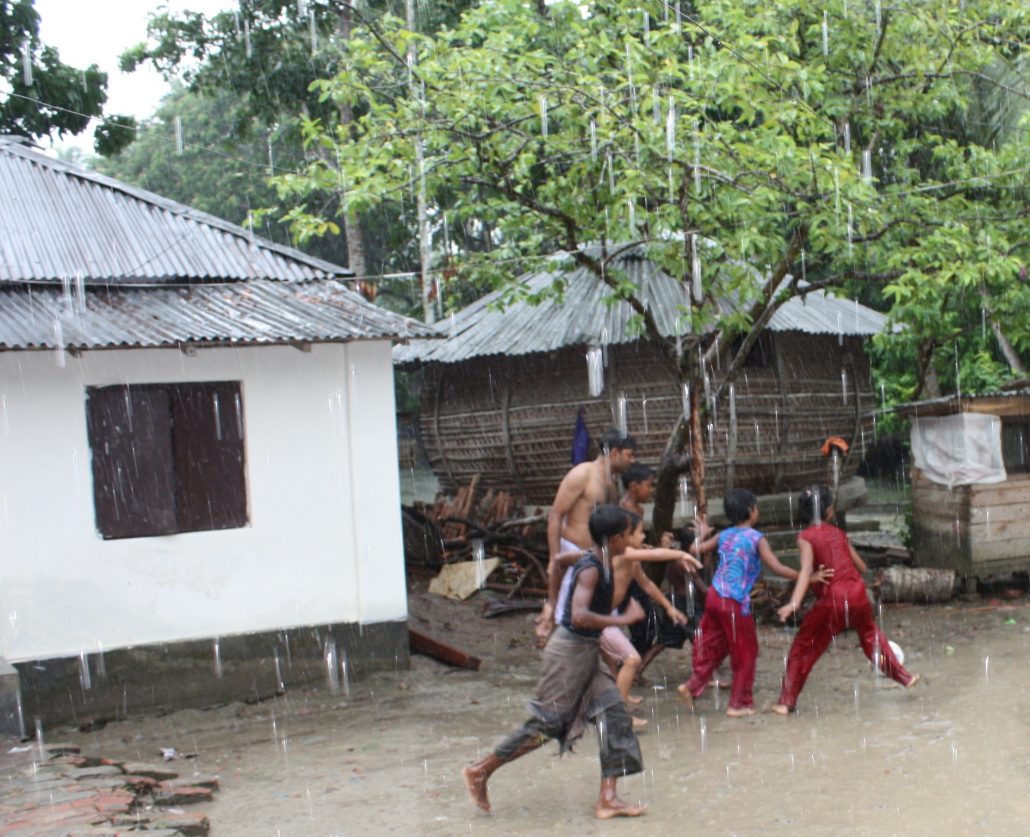
To build relation we have fun, laugh and play together. We try to do what the children and youth enjoy.
This relationship-building isn’t easy. The youth often resist opening up or trusting anyone; they’ve been hurt too many times. But we invite them into our lives and activities, breaking down barriers through shared experiences. We play football, cricket, and badminton together; we have movie nights, take boat trips, and arrange picnics. When they see us truly caring about their lives, it starts to break down the barriers they’ve built.
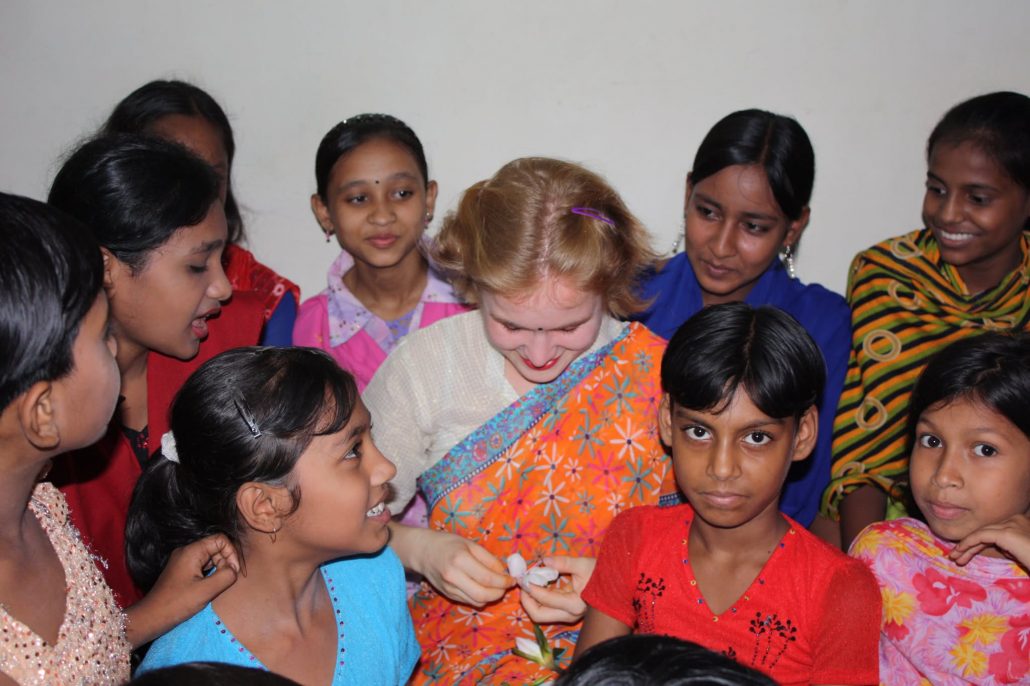

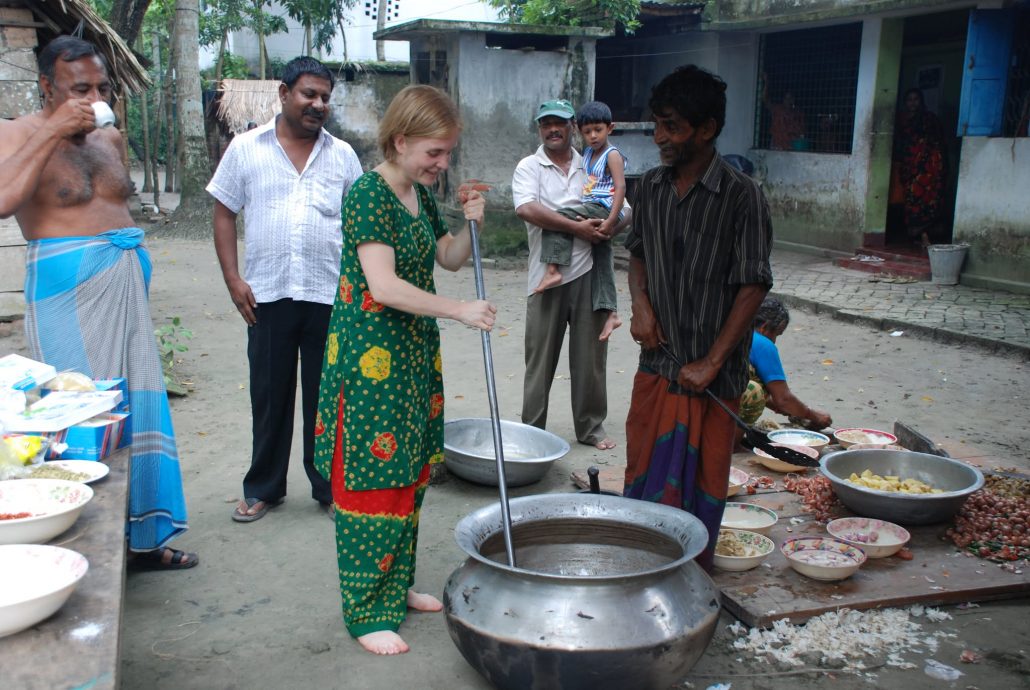
We share our lives and culture
As they become more motivated to join EDS and engage positively, they often face backlash from those who once benefited from their struggles. When negative forces realize that they are losing these young individuals, they often attempt to dissuade the youth from staying at EDS saying that they are “wasting their time.” Some youth become confused, caught between the teachings of honesty and education we promote and the allure of illegal activities that their friends engage in. And many girls, who start to voice their opinions and dreams of getting higher education, jobs and becoming independent, face criticism from their surroundings.
When we ask our youth about their challenges, they share their critical reflections: “When you guide us, we feel motivated to create a better life. When we are not in EDS, we feel like we’re misusing our time. Our friends earn money illegally, and we can do the same, but we prefer to be in EDS.” This growing ability to challenge these negative influences is a sign of transformation.
Some youths who left EDS, due to influence by negative forces, returned after realizing that no one outside cared about how they were doing or supported them to build a better life like we do in EDS. One returning youth said with tears: “I’m sorry that I left EDS. I believed in the wrong people. Nobody loves me like the people in EDS do. I can see that EDS is my hope for a better future.” After such realizations, the youth become even more confident and engaged in EDS as they understand what is good for them, their family and community.
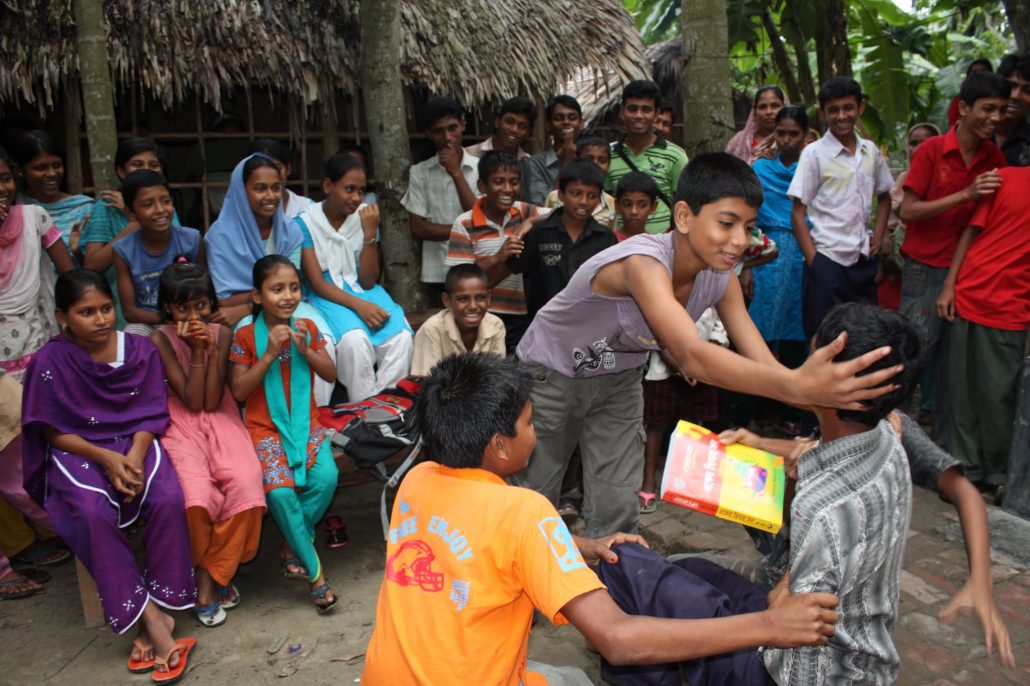
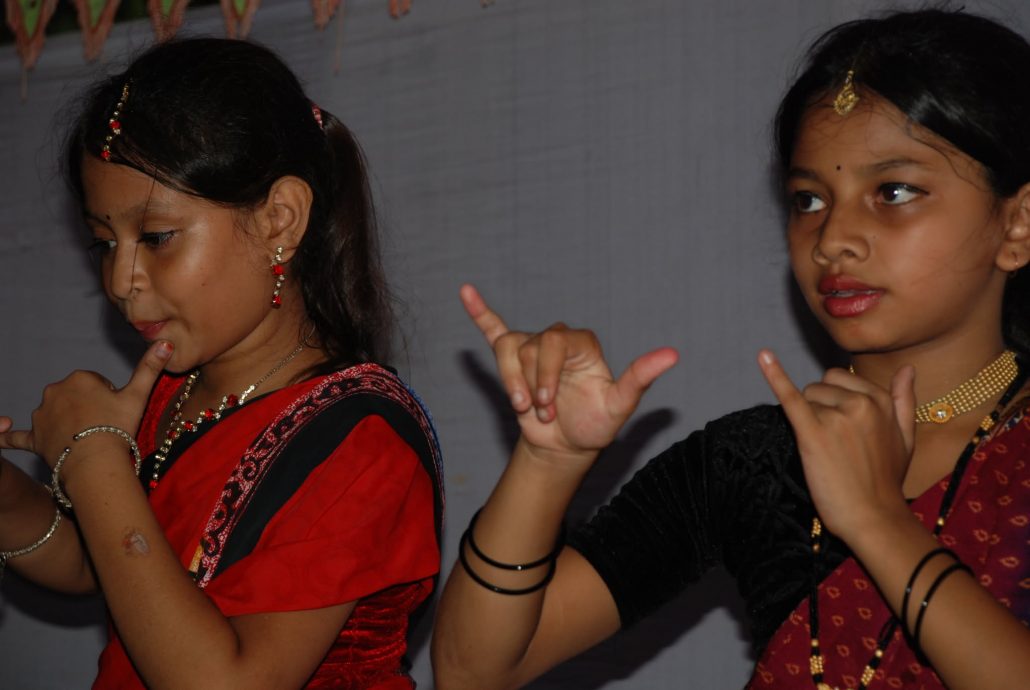
We encourage the children and youth to express themselves through role plays and dance. They play out challenging situations they commonly experience and we discuss what can be done to improve it.
Creating a trusting bond requires effort. Alamin lives in Bangladesh, Hafiz and Trine live in Norway. We are available for our EDS children and youth at all hours, even when they call us at midnight needing to talk. We listen, let them know they’re worth our time, even when it’s inconvenient. When the youth see this level of commitment, they realize they’re valued, which grows trust and self-worth.
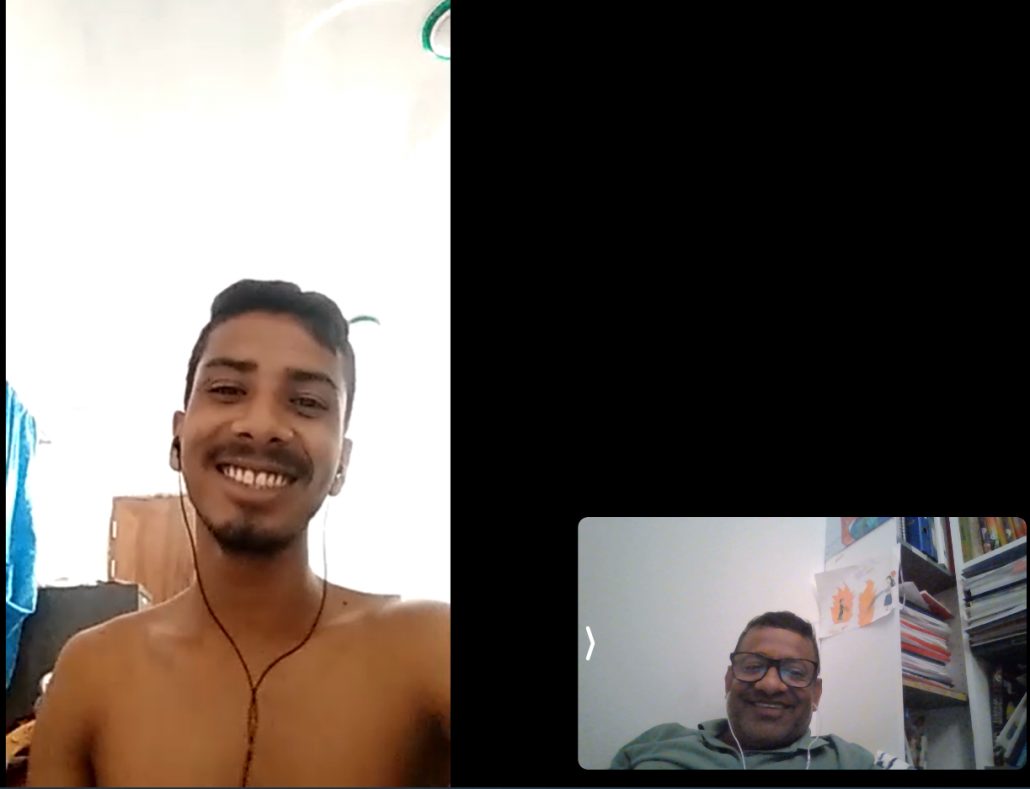
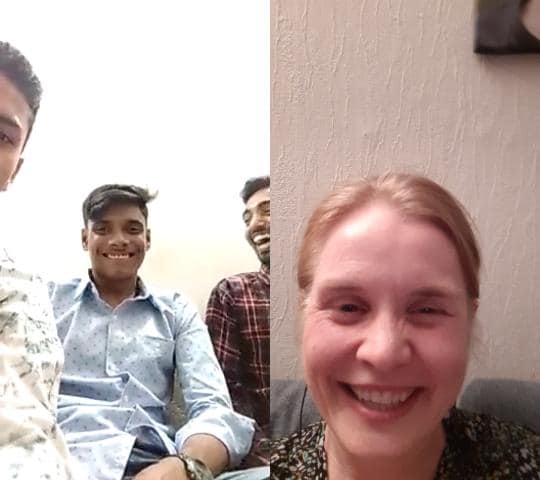
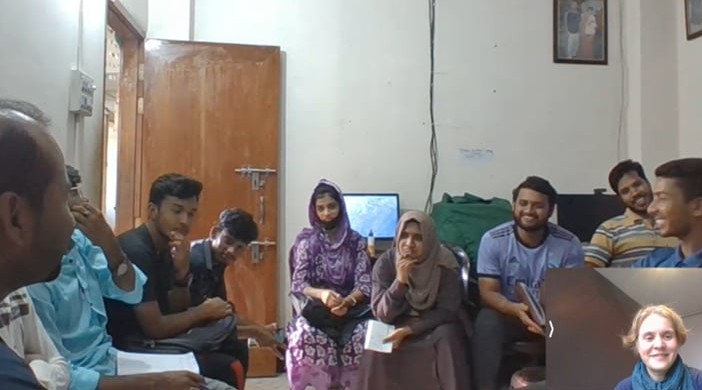
We seek to listen with empathy and try to understand the situation from the child’s and youth’s viewpoint.
How this bond creates change
In these safe, trusting relationships, youth start to see their potential and shift from seeing themselves as problems to realizing they have strengths and value to offer. They take on responsibilities to teach and mentor children and youth, lead EDS and projects, organize events (plan, implement, reflect and learn, re-replan), cook, clean, maintain the EDS building and advocate for child rights towards authorities and people in the community surrounding EDS. They develop a sense of purpose and dignity. Gradually, they let go of the need to prove themselves through violence and begin to believe in their own capacity for good.

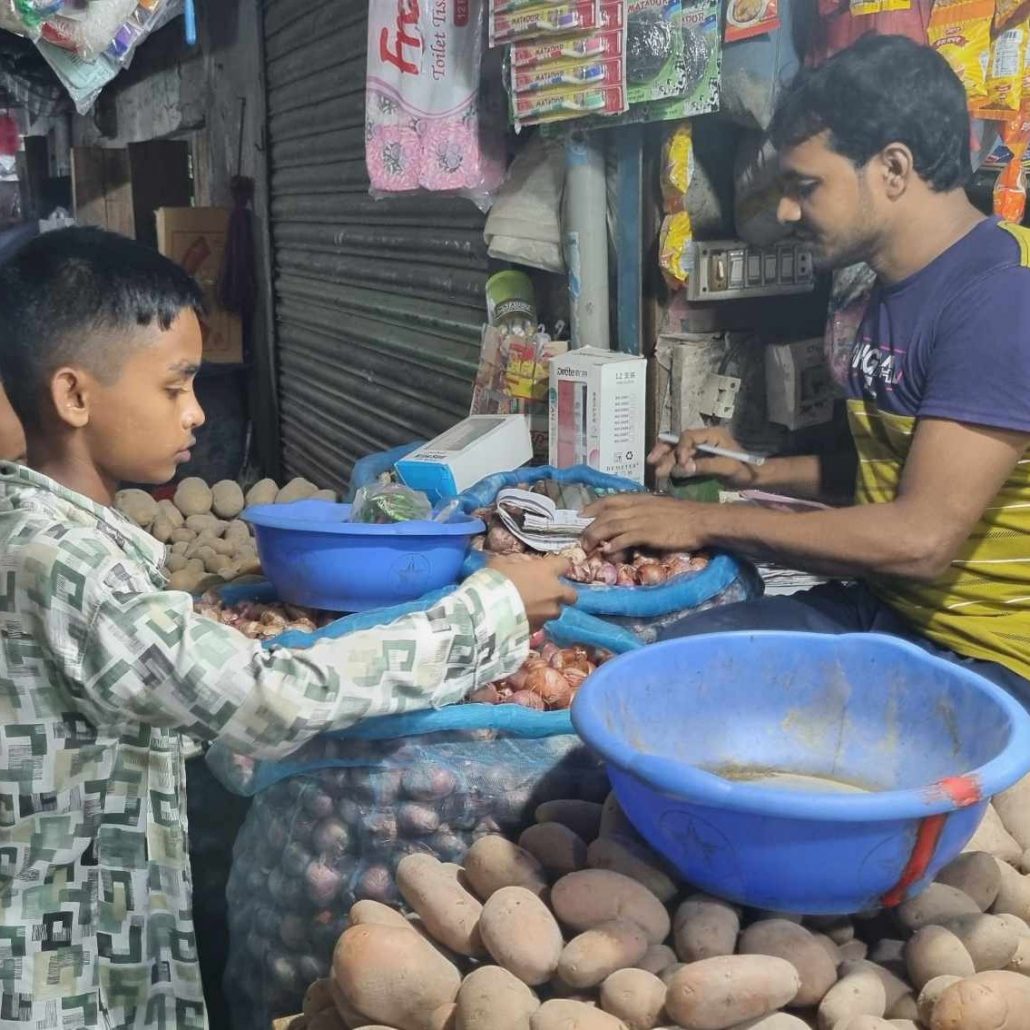
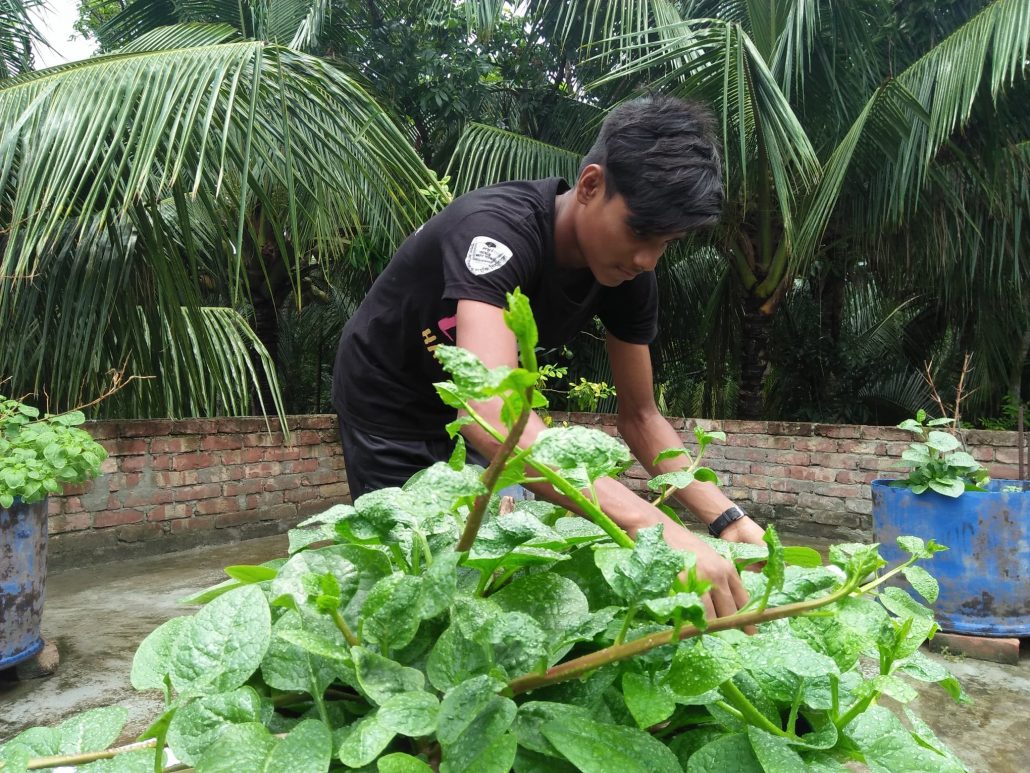
We trust the children and youth and give them responsibility to run EDS including teaching, picnic, social and cultural activities, the roof garden and fish farm, home visits and accounting.
These relationships don’t just keep the youth off the streets, they transform them. Youth who were gang members and involved in illegal activities now volunteer to lead make EDS a safe place for other children and youth. And girls whose marriages were planned, find strength to resist and instead pursue their education and dreams. Their change is driven by the trust and belonging they feel, and they, in turn, start passing that support on to others. This sense of community and shared purpose is vital for sustainable development.
Results
Many youths have transformed their lives due to EDS. When we show youth that they matter, they begin to live up to their potential. Youth, who once saw themselves as incapable of positive change, now run EDS activities, guiding others with patience and respect. They value education and health, take care of the EDS building, and volunteer to create a safe, inclusive environment. Former gang members who once intimidated others now care for younger children, model respectful communication, and resolve conflicts peacefully. Girls who have avoided marriage and pursue higher education, mentor other girls to believe in themselves and their dreams.
Due to our trusting, empathic relations to our youth, they dare to make positive change in their lives and in our community. It has taught us that sustainable development is about creating relationships that empower, inspire, and uplift. For us, the journey of transforming young lives starts with showing that we care.
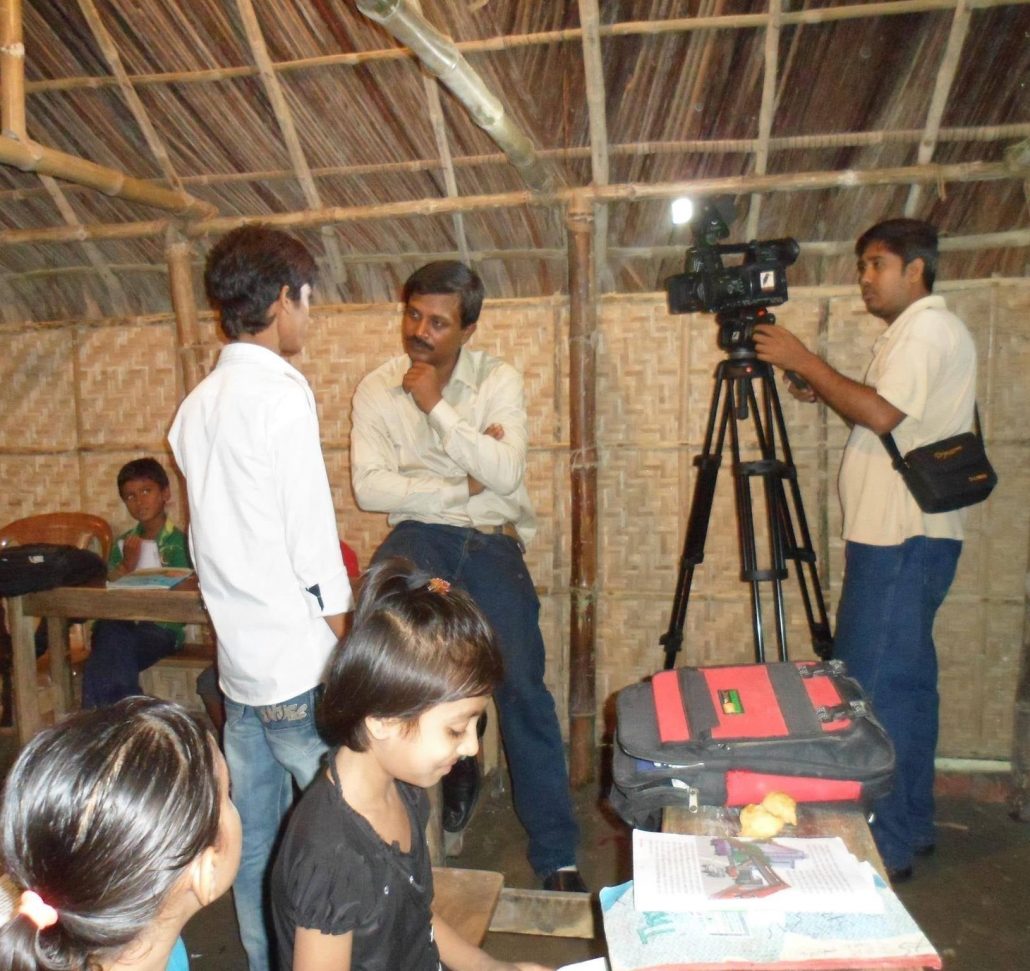
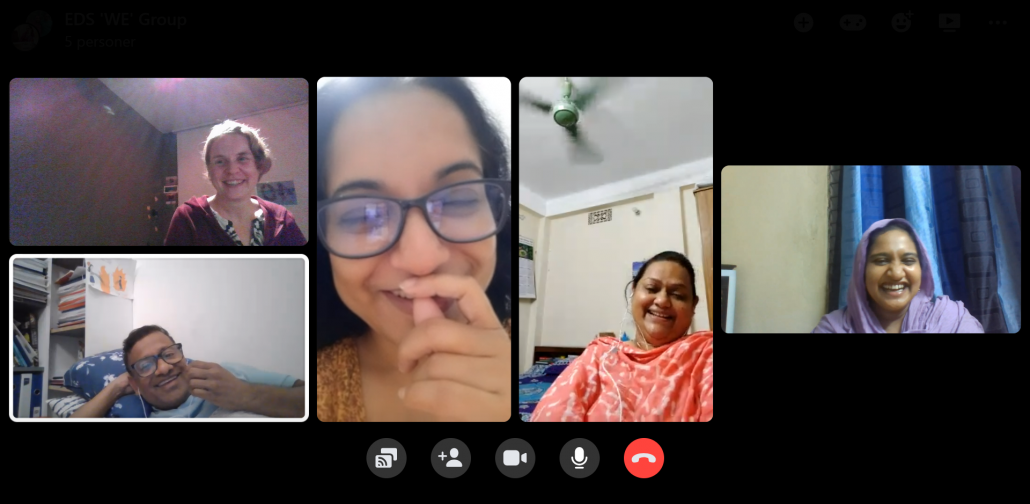
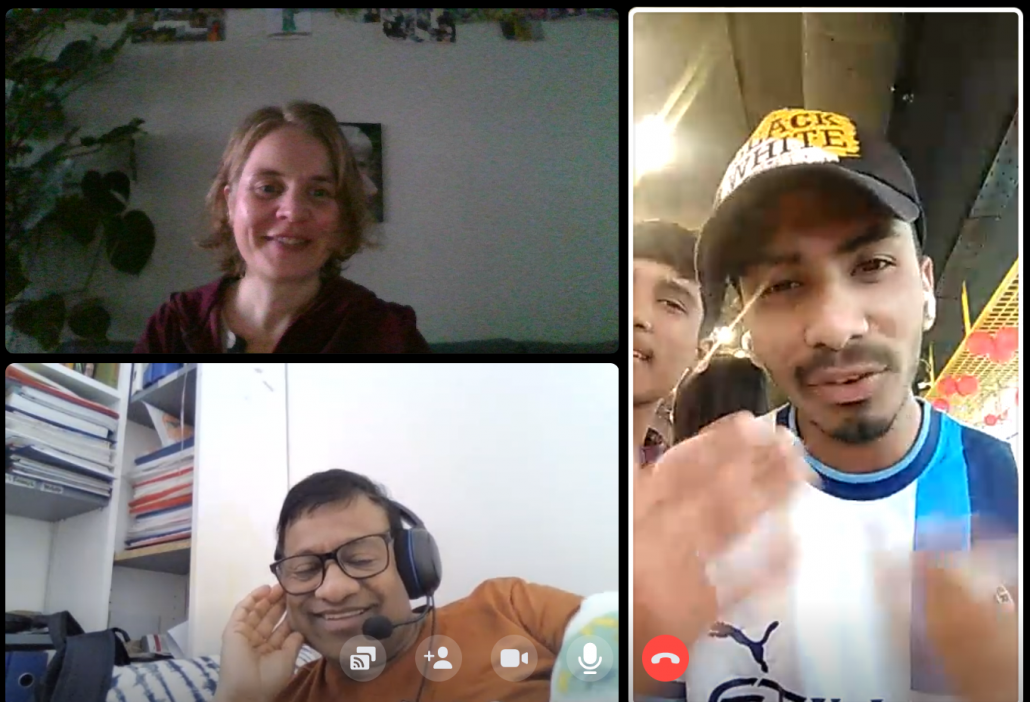
We acknowledge the children and youth, treat them as resources with innovative and important thoughts. We let them shine, tell others about their EDS work and receive the praise. We celebrate their achievements and development together.